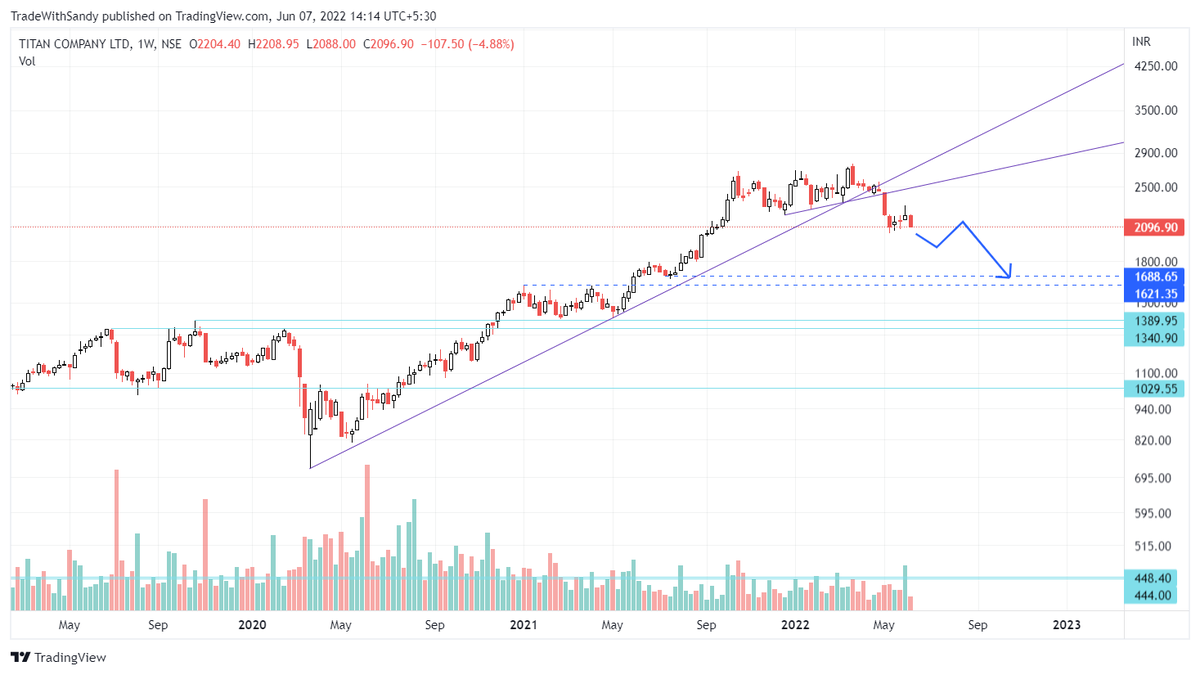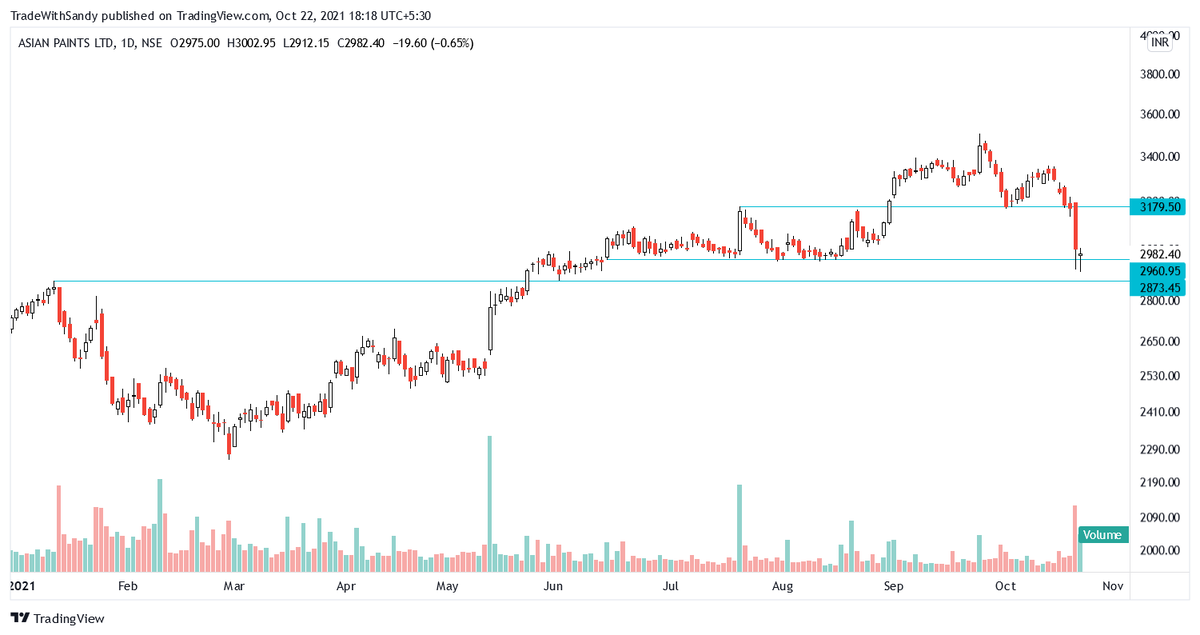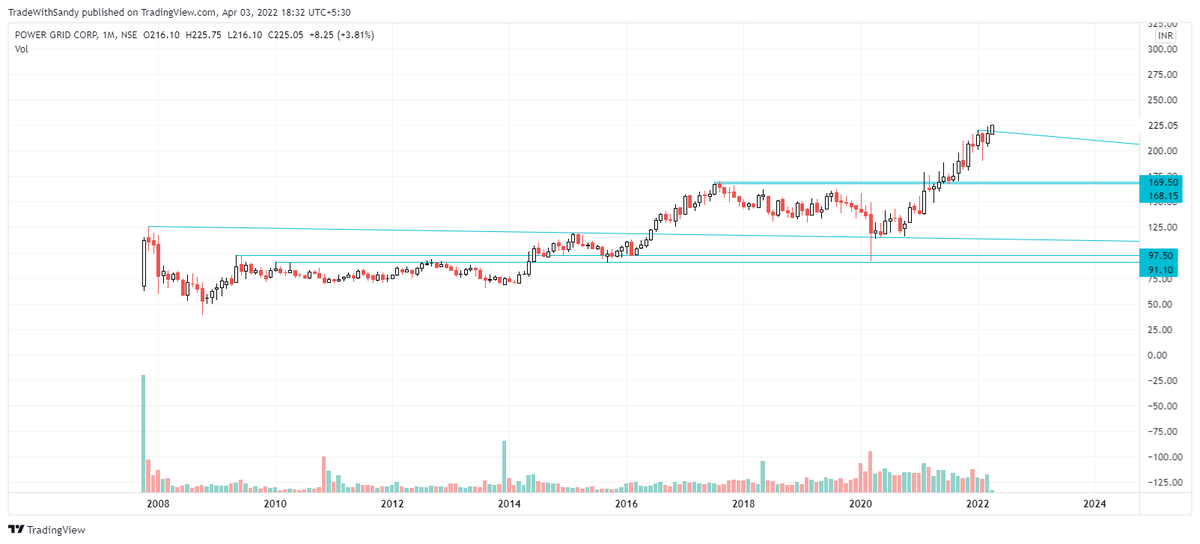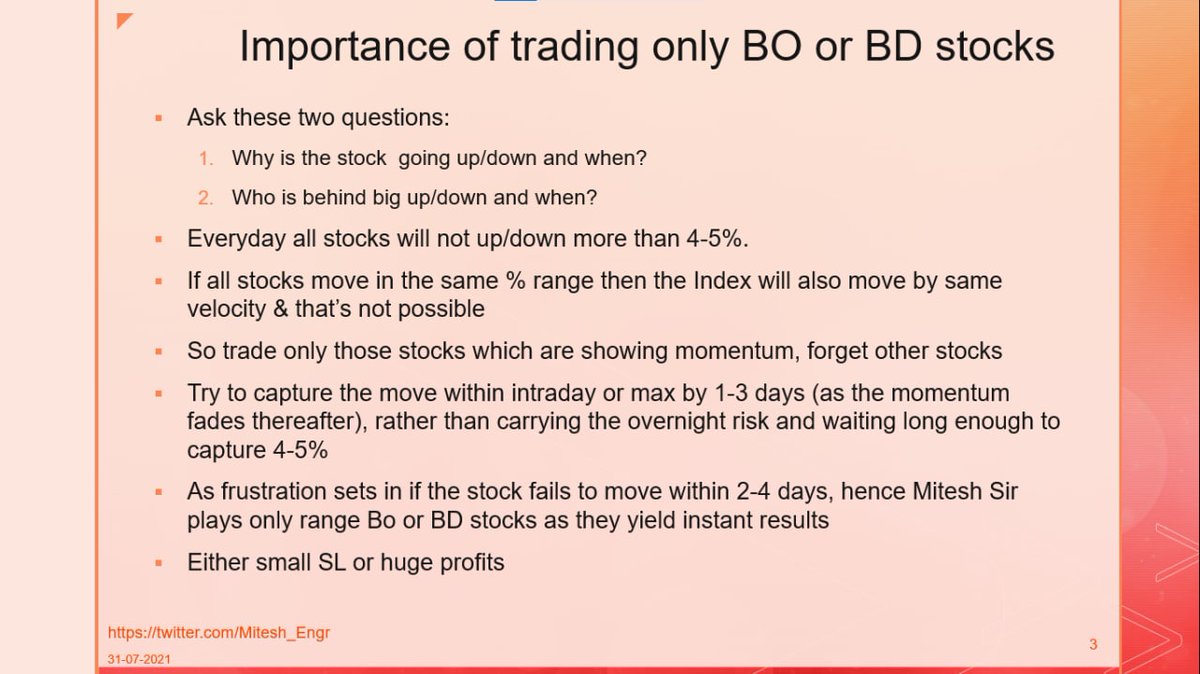More from TradeWithSandy
I think Ultratech cement is worth tracking..Would be interesting if we get a hammer and this weeks closing above 5630..200wema + 61.8% fibo..@shivaji_1983 https://t.co/CtNCfQ6yXX
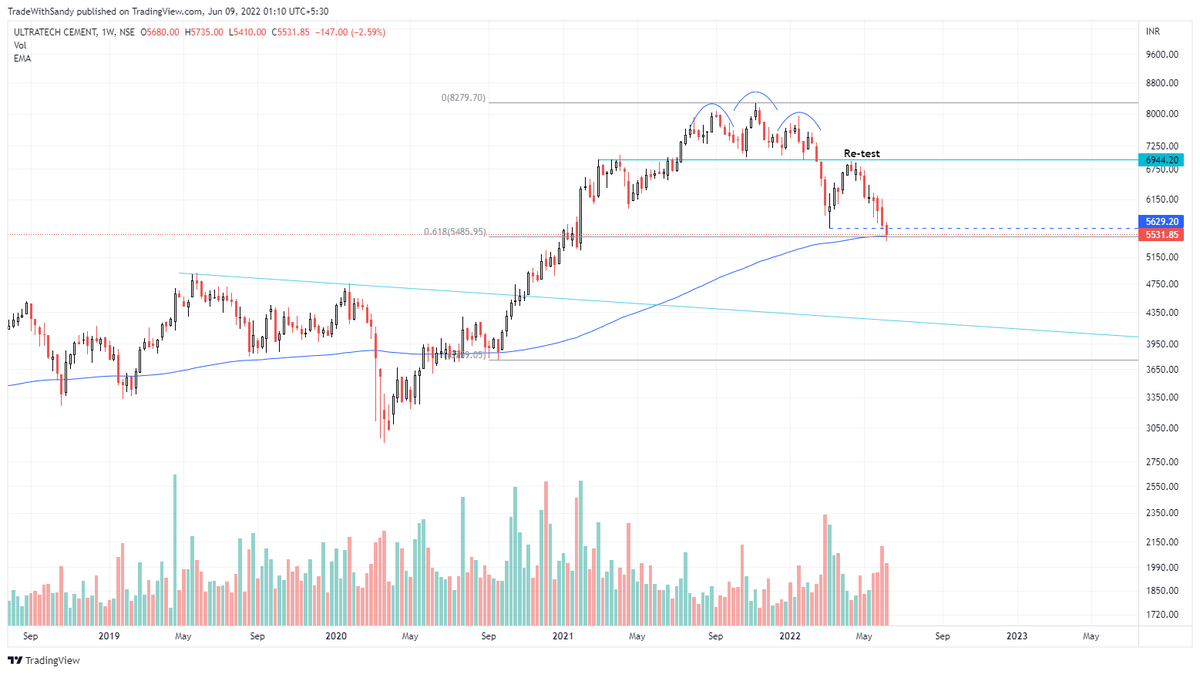

Cement companies are now is good buying zone for long term investors. Downside may not be more than 10-15% at max. Valuations extremely attractive.
— Sandeep Kulkarni (@moneyworks4u_fa) June 8, 2022
As far as I remember cement business has always been a cartel for atleast past 20 yrs.
You May Also Like
5 webinars/conclaves since May 2020 and over 100 stock ideas shared. Still not enough :)
Twitter should be like that airport shuttle service, the moment you walk out (start following someone) - there should be a chauffeur (new stock idea) ready to drive you to your destination!
[Free CDMO Masterclass #18] https://t.co/208eQbYKEF
[Free Art of Investing] https://t.co/bHvUqnpiTE
[Paid IIC Dec 2020 on SeQuent] https://t.co/3iDO438Et9
[Charity fund raise on Unseen Trends in Biotechnology] https://t.co/eNi1x1qwhH
[Q&A on APIs]
Twitter should be like that airport shuttle service, the moment you walk out (start following someone) - there should be a chauffeur (new stock idea) ready to drive you to your destination!
[Free CDMO Masterclass #18] https://t.co/208eQbYKEF
[Free Art of Investing] https://t.co/bHvUqnpiTE
[Paid IIC Dec 2020 on SeQuent] https://t.co/3iDO438Et9
[Charity fund raise on Unseen Trends in Biotechnology] https://t.co/eNi1x1qwhH
[Q&A on APIs]
Krugman is, of course, right about this. BUT, note that universities can do a lot to revitalize declining and rural regions.
See this thing that @lymanstoneky wrote:
And see this thing that I wrote:
And see this book that @JamesFallows wrote:
And see this other thing that I wrote:
One thing I've been noticing about responses to today's column is that many people still don't get how strong the forces behind regional divergence are, and how hard to reverse 1/ https://t.co/Ft2aH1NcQt
— Paul Krugman (@paulkrugman) November 20, 2018
See this thing that @lymanstoneky wrote:
And see this thing that I wrote:
And see this book that @JamesFallows wrote:
And see this other thing that I wrote:


